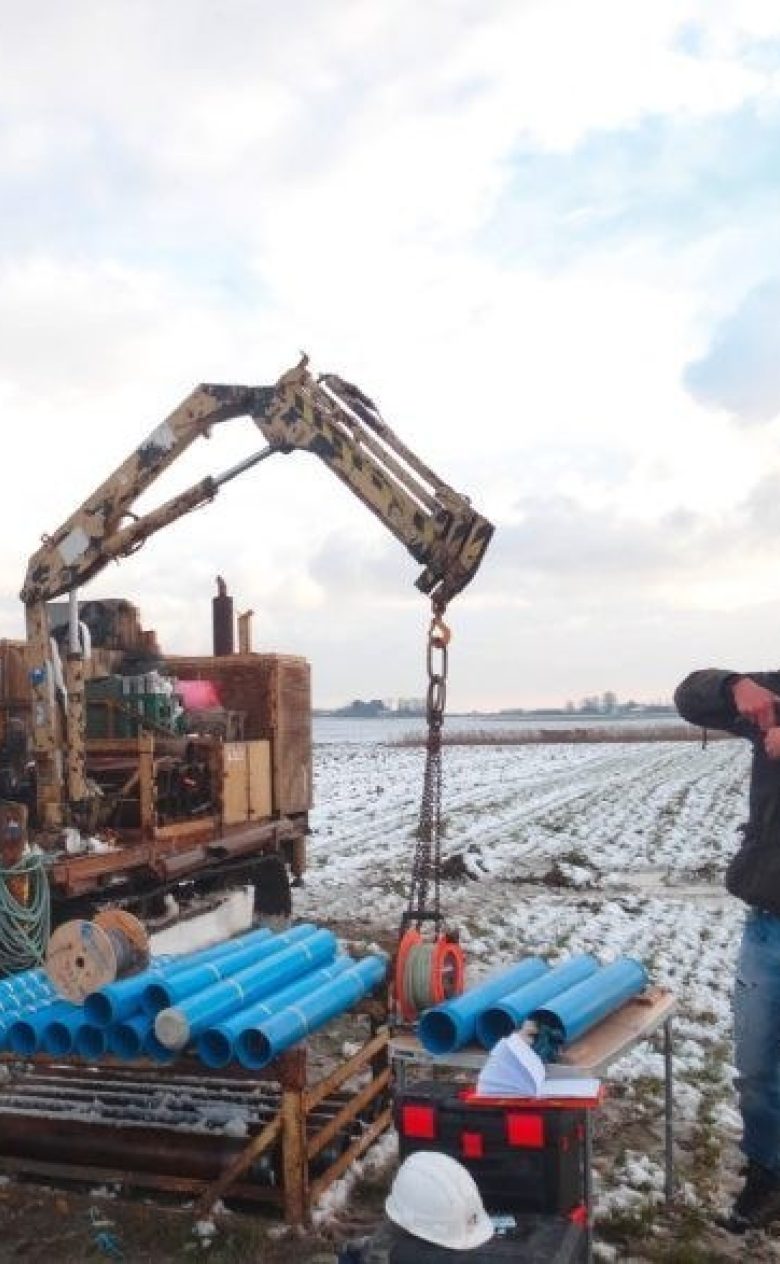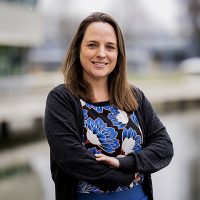GO-FRESH: Geohydrological Opportunities FRESH water supply
In the SW delta of the Netherlands, the agricultural sector is confronted with growing impacts of water shortage and salinization. Farmers and government are aware of the negative influence on the development of the agricultural sector. A reliable freshwater supply is considered as one of the key issues for future development and sustainable growth. Improving the use of existing fresh groundwater resources and create new freshwater reserves by several methods is quite innovative and could be promising in other delta’s in the world, where fresh water is becoming scarce. If the technology can be proven to be sound, possibilities for upscaling worldwide (Nile, Mekong, vulnerable islands) will be considered.

Project
In the project GO-FRESH a consortium of Deltares, Alterra, KWR, Acacia Water and HZ University of Applied Sciences did research about how to improve the use of existing fresh groundwater resources and create new freshwater reserves, thereby increasing regional self-sufficiency and reducing dependence on external freshwater supply. Building on this knowledge, the research goals are: to investigate which measures actually ‘work’ in practice, and to analyse whether such measures are economically feasible.
Deltares did research how rainwater and groundwater can be optimally utilized for agriculture in areas with no or a small external freshwater supply. In these areas, fresh water is stored in the substrate during periods of surplus water and used in dry periods.
Promising technologies
In the project three showcases were started:
- Showcase ‘The Freshmaker’; aquifer storage and recovery (ASR) utilizing the potential of sandy creek ridges for water storage.
- Showcase ‘Creek Ridge Infiltration Test’; infiltration via drainage utilizing the potential of sandy creek ridges for water storage.
- Showcase ‘Drains2Buffer’; optimizing the freshwater volume in shallow rainwater lenses.
The province of Zeeland, ZLTO, the Water Boards Scheldestromen and Brabantse Delta, the municipality Schouwen-Duiveland and STOWA all contribute to the project, from a financial contribution to inserting local expertise, arranging permits and taking care of small water management measures.



